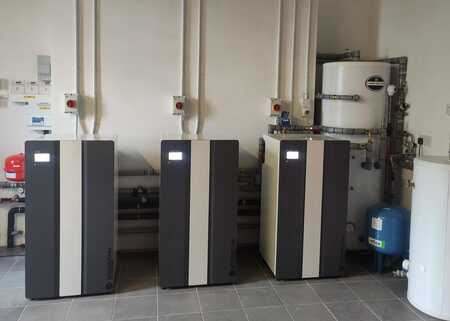How To Clean Solar PV Panels
When installed by a professional, solar PV panels can last up to 30 years, but a mixture of dirt, bird droppings, and dust can significantly reduce their efficiency over time.
As such, regular cleaning is essential to ensure they get maximum sun exposure and generate the most power possible. Whether you decide to do it yourself or hire a professional, this guide will help you clean your solar panels effectively, ensuring optimal performance and longevity.
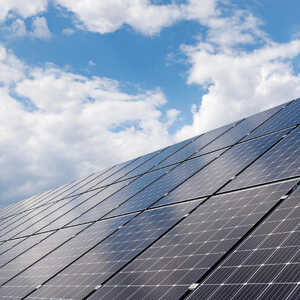
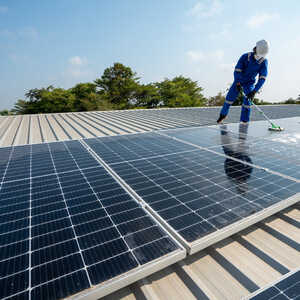
Solar PV panels DIY cleaning basics
For ground-mounted solar panels, cleaning can be relatively straightforward. The first step is to ensure that your panels before you begin to avoid any electrical hazards. Use water, a soft brush, and a non-abrasive cleaning solution to gently remove dirt and grime.
It's important to avoid cleaning the panels when they are hot or in direct sunlight, as this can cause water to evaporate quickly and leave residue. We’d always advise you to follow the manufacturer's guidelines closely to prevent any damage to the panels. For homeowners in East Devon and West Dorset, where environmental conditions can vary, regular cleaning can help maintain efficiency and prolong the lifespan of your solar panels.
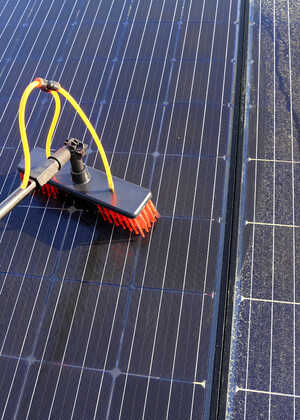
Safety first
If your panels are roof-mounted, it's safest to clean them from the ground using an extendable cleaning brush. This method reduces the risk of accidents and ensures your safety. If you need to climb onto the roof, make sure you have proper safety equipment and training to prevent falls and injuries. Due to the risks involved, hiring a professional is typically the best option for roof-mounted panels, as they will provide the necessary expertise and equipment to clean the panels safely and effectively.
Professional cleaning solar PV panels
Hiring a professional is often the safest and most effective way to clean solar panels, especially those mounted on roofs. Professional cleaners are equipped to handle the job thoroughly and safely, ensuring that every panel is cleaned properly. The cost of hiring a professional can vary, depending on the number of panels and location.
Monitoring and maintenance
Regularly inspecting your panels for dirt and damage is crucial for maintaining their performance. Investing in a monitoring system can help you keep track of your panels' efficiency in real time, allowing you to identify any issues promptly. If you notice a significant drop in performance, it may be time to clean your panels or seek professional maintenance. Regular maintenance will ensure optimal performance and help extend the life of your solar panels, making it a worthwhile investment for homeowners.
When to clean your solar PV panels
In the UK, solar panels generally need cleaning once or twice a year to maintain their efficiency. After periods of bad weather, however, or in high bird density areas, additional cleaning may be necessary to remove debris and droppings.
Again, we’d advise following your manufacturer's manual for specific cleaning intervals to ensure optimal performance.
How can we help?
Evergreen Renewables is proud to be a MCS-certified installer of solar PV panels; a mark of quality that ensures our equipment meets high standards of performance and that our installers are technically safe and competent. MCS-certified installers have undergone a rigorous vetting process to demonstrate adherence to these standards.
If you’re interested in reaping the benefits of solar PV panels in your home, please get in touch to arrange a free assessment of your property.
You might also be interested in...
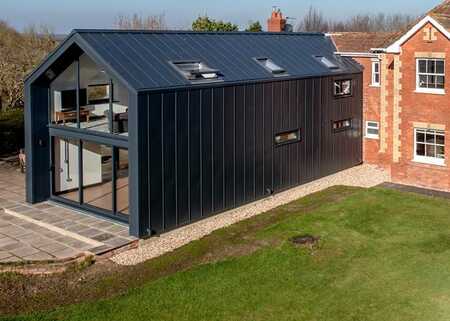
Ground Source Review: Green Gables Family Home30/03/2021
Green Gables is a family home in Somerset, consisting of two attached buildings. Looking to save money on heating bills and reduce their carbon footprint, the homeowner wanted to rule out their reliance on oil heating.
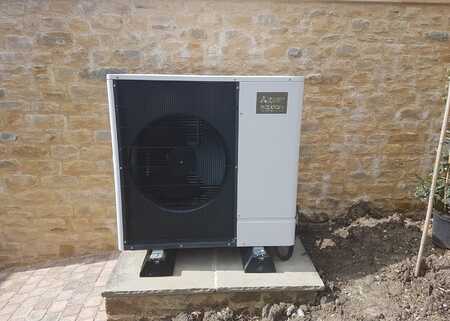
Boiler Upgrade Scheme - What you Need to Know 12/05/2022
Investing in low-carbon heating solutions is the most effective method of securing an ecologically sustainable future, and this new government scheme will encourage property owners to replace their existing fossil fuel heating with more efficient, low-carbon systems.
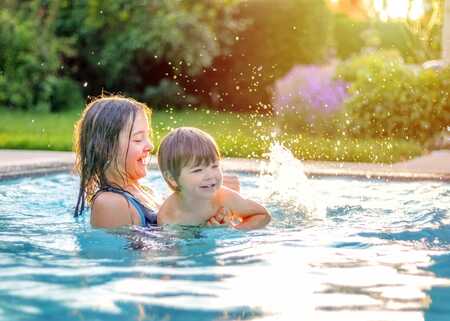
Can I heat a swimming pool with renewable energy?06/12/2022
Many people are turning to renewable energy sources, such as solar power, to heat their pools in an effort to reduce their carbon footprint and save money on energy costs, and there are a number of different ways to heat a swimming pool using renewable energy.
Posted on June 28th 2024

